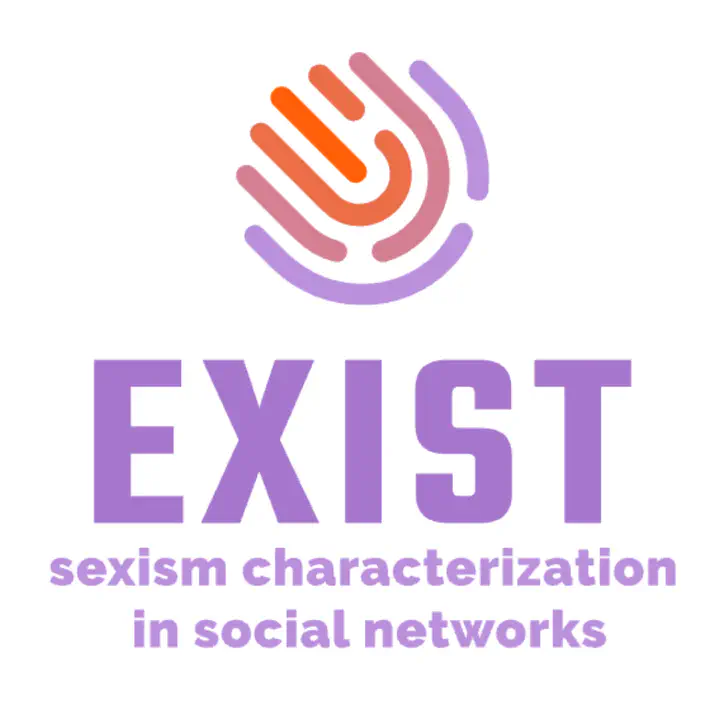Overview of EXIST 2025: Learning with Disagreement for Sexism Identification and Characterization in Tweets, Memes, and TikTok Videos

Abstract
This paper presents the EXIST 2025 lab on sexism detection and categorization in social media, which took place at the CLEF 2025 conference and marks the fifth edition of the EXIST shared task. Building on the success of previous editions, EXIST 2025 addresses the growing concern over the spread of offensive and discriminatory content targeting women across online platforms, which significantly impacts women’s well-being and freedom of expression. The lab comprises nine tasks in two languages (English and Spanish), organized around three core objectives: sexism identification, source intention detection, and sexism categorization. These tasks are applied across three media types—text (tweets), image (memes), and video (TikToks)—offering a multimodal perspective that allows for a deeper understanding of how sexism manifests across different formats and user interactions. As in previous editions, EXIST 2025 adopts the ``Learning With Disagreements’’ paradigm, using annotations from multiple annotators that reflect diverse and at times conflicting viewpoints. This approach promotes the development of equitable and human-centric systems, capable of understanding the nuanced and subjective nature of sexist content. This overview describes the task design, datasets, evaluation methodology, participating systems, and results of EXIST 2025, which has surpassed participation expectations with 244 registered teams from 38 countries, 114 teams from 23 countries submitting runs, a total of 873 runs processed, and 31 working notes published.